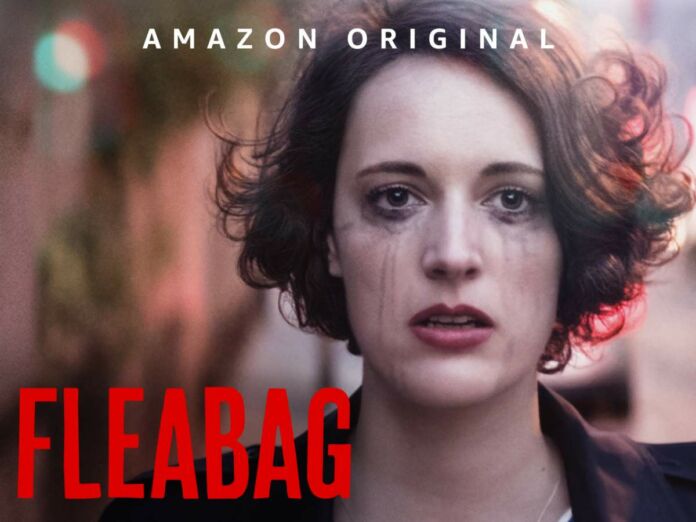‘Fleabag‘, a British comedy-drama, created by Phoebe Waller-Bridge, has been widely celebrated for its raw and honest portrayal of modern womanhood. The show first aired on the BBC in 2016, but it wasn’t until it was picked up by Amazon Prime Video in 2019 that it truly exploded in popularity. It centres around the character of Fleabag, played by Waller-Bridge, a young woman navigating her way through life in London. The show is known for its sharp wit, clever writing, and raw emotional honesty. It tackles issues like grief, sexuality, and mental health with an unflinching eye, and it’s been widely praised for its portrayal of a woman who is messy, flawed, and deeply human.
But ‘Fleabag‘ is more than just a TV show – it has become a cultural touchstone, inspiring a new wave of feminist discourse and pushing the boundaries of what we expect from female-led media. One of the most notable aspects of this “Fleabag” era is the rise of a concept known as dissociative feminism. This term has been used to describe a new wave of feminist art and media that rejects the idea of a unified, monolithic female experience and instead embraces the messiness and complexity of individual identity.
Read more: Top 10 Shows To Binge-Watch In A Day
All About The Fleabag Era

Since its debut, ‘Fleabag‘ has become a cultural phenomenon, praised for its subversive humour, raw emotion, and unflinching portrayal of female sexuality. The show has also been celebrated for its depiction of complex, multidimensional female characters, who defy traditional archetypes and challenge the viewer’s assumptions. Through its frank and often uncomfortable portrayal of sex, grief, and loneliness, ‘Fleabag‘ has become a cultural touchstone for a new generation of feminist media consumers.
However, as ‘Fleabag‘ has gained popularity, some critics have begun to question whether its success represents a true breakthrough for feminist media. Despite its innovative approach to storytelling and characterization, the show remains largely centred on the experiences of white, middle-class women, and has been criticized for its lack of intersectionality. This has led to a broader conversation about the limitations of representation-focused feminism, and the need for a more nuanced and inclusive approach.
In case you missed: Phoebe Waller-Bridge To Adapt ‘Tomb Raider’ For Amazon Series
Dissociative Feminism: Beyond Representation

Dissociative feminism offers an alternative to the representation-focused approach that has dominated feminist media discourse in recent years. Rather than prioritizing visibility and representation, dissociative feminism seeks to challenge the cultural and institutional structures that perpetuate gender inequality. This approach recognizes that while representation is important, it is not sufficient to address the systemic issues that impact women’s lives.
Dissociative feminism draws on the concept of dissociation, which refers to the separation of one’s thoughts, emotions, and actions. In the context of feminism, dissociation is used to describe the ways in which women are conditioned to accept and internalize patriarchal values, even as they resist them on a conscious level. Dissociative feminism seeks to break this cycle of dissociation by challenging the cultural narratives that perpetuate gender inequality and promoting a more integrated and holistic approach to feminism.
You might also like to read: Did Paul Mescal And Phoebe Bridgers Break Up?





